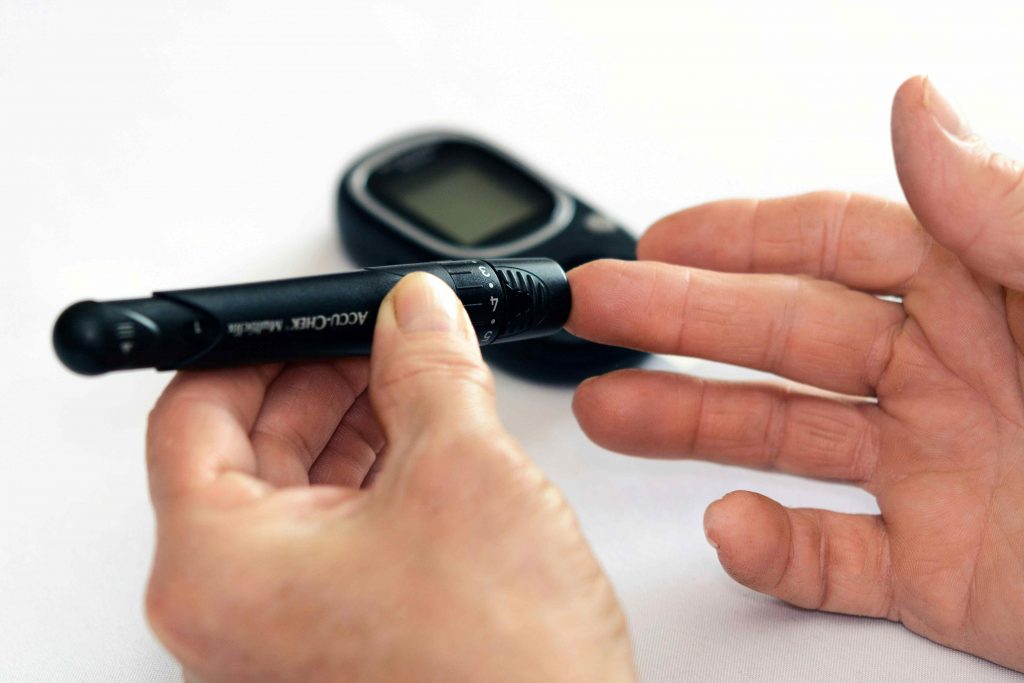Type 2 diabetes is often called a “silent disease” because its symptoms can develop gradually and may be easy to overlook. However, recognizing the early signs can make a world of difference. Detecting type 2 diabetes early allows you to take steps to manage it effectively, preventing serious complications and improving your quality of life.
Here are the 10 early signs of type 2 diabetes that you should never ignore:
1. Excessive Thirst (Polydipsia)
Do you find yourself constantly thirsty, even after drinking plenty of water? High blood sugar levels can cause your body to draw water from your tissues, leading to dehydration and persistent thirst.
2. Frequent Urination (Polyuria)
Frequent trips to the bathroom, especially at night, might not just be an inconvenience. When your blood sugar levels are high, your kidneys work overtime to filter and excrete the excess glucose through urine.
3. Unexplained Fatigue
Feeling tired even after a good night’s sleep? Fatigue is a common symptom of type 2 diabetes. Your body struggles to efficiently use glucose for energy, leaving you feeling drained.
4. Increased Hunger (Polyphagia)
Despite eating regular meals, do you often feel ravenous? This could be a sign that your cells aren’t absorbing glucose properly, signaling your brain that you need more food.
5. Blurred Vision
High blood sugar levels can affect the lenses of your eyes, leading to swelling and temporary changes in vision. If left unchecked, this can progress to more severe eye problems.
6. Slow-Healing Wounds
Cuts or sores that take a long time to heal could be a warning sign. Elevated glucose levels impair circulation and the body’s ability to repair tissue effectively.
7. Tingling or Numbness in Hands and Feet
Nerve damage (neuropathy) is a common complication of diabetes. Early symptoms include tingling, numbness, or a burning sensation, especially in the extremities.
8. Unexplained Weight Loss
While many might celebrate sudden weight loss, it can be a red flag. When your body can’t use glucose for energy, it starts breaking down muscle and fat instead.
9. Skin Changes
Dark patches of skin, especially in areas like the neck, armpits, or groin (a condition known as acanthosis nigricans), can indicate insulin resistance, a precursor to diabetes.
10. Frequent Infections
High blood sugar levels can weaken your immune system, making you more susceptible to infections, particularly in the skin, gums, or urinary tract.
Why Early Detection Matters
Ignoring these symptoms can lead to serious complications, including heart disease, kidney damage, vision loss, and nerve damage. The good news? Early detection and lifestyle changes can help you manage or even reverse type 2 diabetes.
What You Can Do Today
If you recognize one or more of these signs, don’t wait. Schedule a visit with your healthcare provider for a comprehensive evaluation. They may recommend simple blood tests like the A1C, fasting glucose test, or an oral glucose tolerance test to determine your risk or diagnose diabetes.
In the meantime:
Adopt a balanced diet: Focus on whole grains, lean proteins, healthy fats, and plenty of vegetables.
Stay active: Aim for at least 30 minutes of moderate exercise most days of the week.
Monitor your weight: Even a small reduction in weight can significantly impact your blood sugar levels.

Type 2 Diabetes: Is It Really Reversible?
A recent National Geographic article [link] explores how type 2 diabetes could be reversible with the right approaches. This condition, which affects millions of people worldwide, has long been considered a chronic and progressive disease. However, recent research challenges this perception and suggests that with lifestyle changes and the right approach, remission is possible. The

How Do GLP-1 Drugs Compare? A Breakdown of Ozempic, Mounjaro, and Trulicity
GLP-1 receptor agonists have revolutionized diabetes management, with drugs like Ozempic, Mounjaro, and Trulicity leading the market. But how do these medications compare in terms of effectiveness, side effects, and patient outcomes? Let’s explore their differences and what they mean for diabetes patients. Understanding GLP-1 Medications GLP-1 receptor agonists mimic a natural hormone that helps

Why Has Medicare Spending on Diabetes Medications Skyrocketed in 5 Years?
In the past five years, Medicare spending on diabetes medications has increased nearly fivefold, reaching $35.8 billion in 2023. This surge has been primarily driven by the growing use of GLP-1 drugs such as Ozempic, Mounjaro, and Trulicity. But what is behind this cost escalation, and how does it affect patients and the U.S. healthcare

The Gut Microbiota and Blood Sugar Control: A Hidden Connection
The human gut is home to trillions of bacteria that play a crucial role in digestion, immune function, and even metabolism. Recent research has revealed a fascinating link between the gut microbiota and blood sugar regulation, shedding light on how the balance of microbes in our intestines can influence diabetes risk and overall metabolic health.

The Dawn Phenomenon: Why Blood Sugar Rises While You Sleep
For many people with diabetes, waking up with high blood sugar levels can be frustrating—especially if they didn’t eat anything overnight. This early-morning spike in blood glucose is known as the Dawn Phenomenon, and it happens due to natural hormonal changes in the body. But why does it occur, and how can it be managed?

The Influence of Red Light on Blood: Can It Improve Diabetes?
Type 2 diabetes is a metabolic disease characterized by insulin resistance and elevated blood glucose levels. In the search for complementary alternatives to improve glycemic control, red light therapy has gained attention due to its potential to enhance circulation, reduce inflammation, and optimize cellular function. But what does science say about it? ✨ What is

